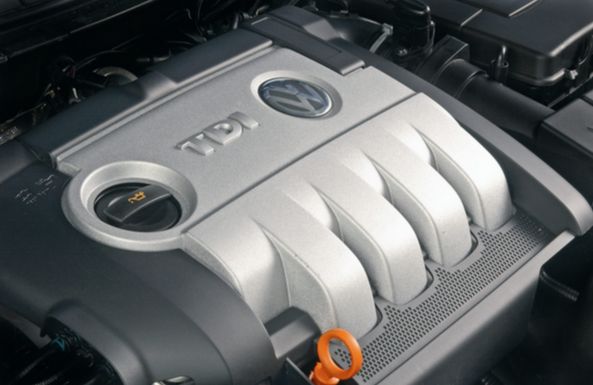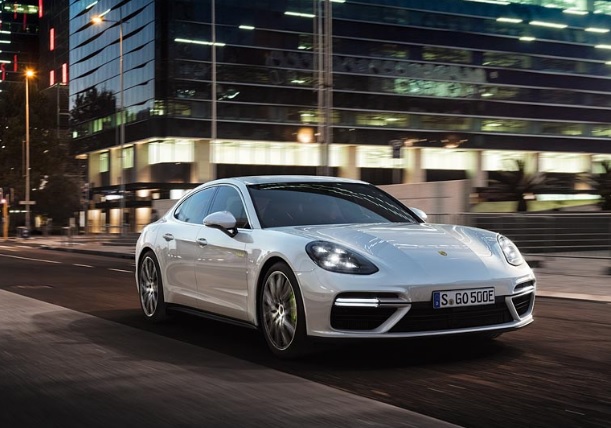VW settlement funds: States are starting to tap into the great potential coming from the Volkswagen diesel emission scandal with nearly $3 billion being  directed to the Environmental Mitigation Trust. That was spurred along in October with Wilmington Trust being named the VW settlement trustee, with several states expected to release their mitigation plans in the coming weeks and months. Fleets are in an excellent position to tap into funding sources for their upcoming clean vehicle initiatives. Gladstein Neandross & Associates (GNA) has made resources available to fleets through its Funding 360 team, including its VW Funding 360 Portal, which offers users access the state-specific intelligence and breaking news on available state funding programs. It was the focus of a GNA webinar last week and is expected to be a hot topic at the upcoming ACT Expo, taking place April 30 to May 3 at the Long Beach, Calif., convention center.
directed to the Environmental Mitigation Trust. That was spurred along in October with Wilmington Trust being named the VW settlement trustee, with several states expected to release their mitigation plans in the coming weeks and months. Fleets are in an excellent position to tap into funding sources for their upcoming clean vehicle initiatives. Gladstein Neandross & Associates (GNA) has made resources available to fleets through its Funding 360 team, including its VW Funding 360 Portal, which offers users access the state-specific intelligence and breaking news on available state funding programs. It was the focus of a GNA webinar last week and is expected to be a hot topic at the upcoming ACT Expo, taking place April 30 to May 3 at the Long Beach, Calif., convention center.
Self-driving fuel cell vehicle: Hyundai’s new Nexo fuel cell crossover SUV, which was revealed last month at the Consumer Electronics Show, is scheduled to roll out next month in South Korea. It will have a range capacity of about 500 miles and can be refueled with hydrogen in three-to-five minutes. Hyundai is also tapping into the autonomous vehicle technology front by preparing to achieve Level 4 autonomous in the Nexo by 2021. The automaker recently set a new benchmark by going 118 miles in full “cruise” mode during a highway demonstration earlier this month.
German automakers stepping away from diesel: Porsche has officially exited the diesel engine market now that diesel variants of its performance  cars are no longer available. That’s taken place over the past couple of years after its parent company, Volkswagen, has emerged from the “dirty diesel” scandal. While VW has yet to be cleared (with news of air pollution tests on monkeys a few years ago hurting its image), it may be in better shape now that German competitor Daimler. While Daimler is getting out of building diesel-powered cars, a few of its older models are still the source of investigation by the U.S. Environmental Protection Agency. Regulators are investigating whether old models had been equipped with illegal software to help them pass emission tests. It follows lawsuits filed in 2016 by customers claiming their Mercedes-Benz diesel cars had been equipped with software designed for cheating on U.S. diesel emissions tests.
cars are no longer available. That’s taken place over the past couple of years after its parent company, Volkswagen, has emerged from the “dirty diesel” scandal. While VW has yet to be cleared (with news of air pollution tests on monkeys a few years ago hurting its image), it may be in better shape now that German competitor Daimler. While Daimler is getting out of building diesel-powered cars, a few of its older models are still the source of investigation by the U.S. Environmental Protection Agency. Regulators are investigating whether old models had been equipped with illegal software to help them pass emission tests. It follows lawsuits filed in 2016 by customers claiming their Mercedes-Benz diesel cars had been equipped with software designed for cheating on U.S. diesel emissions tests.



